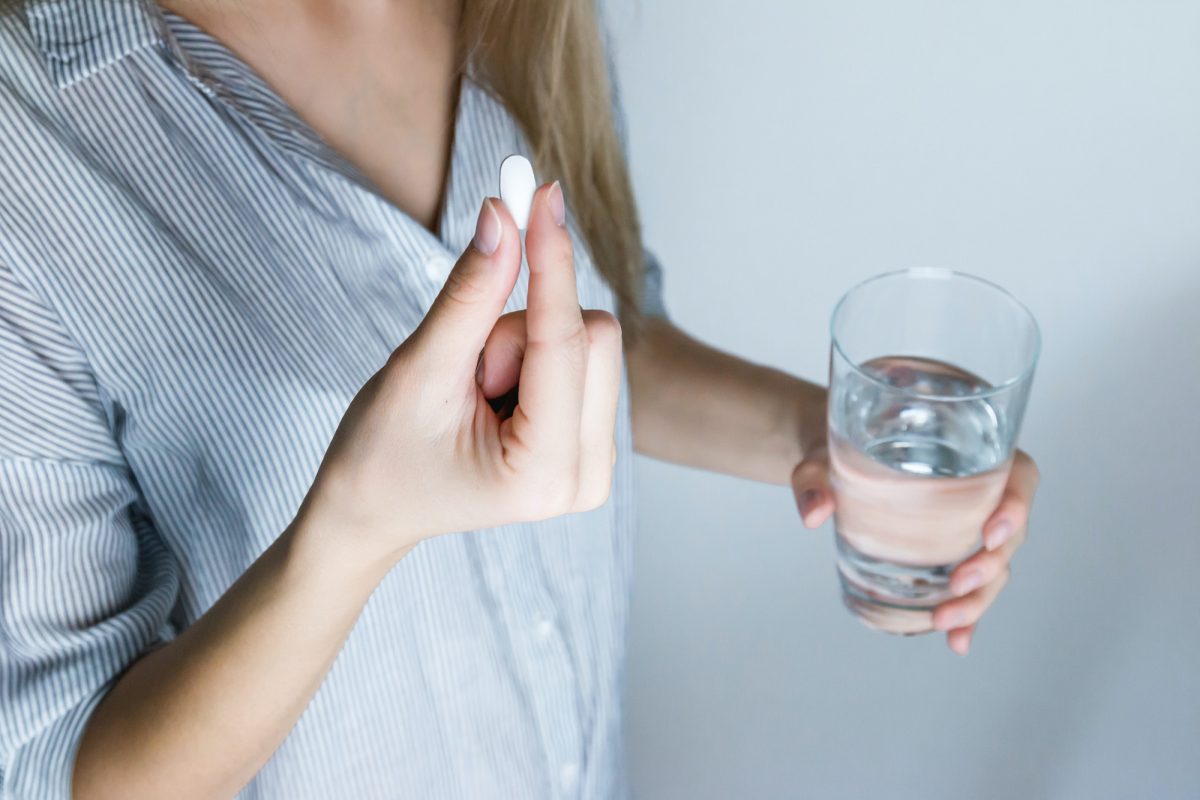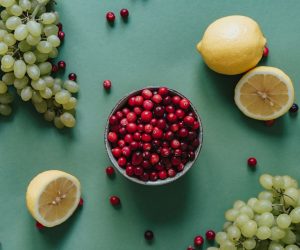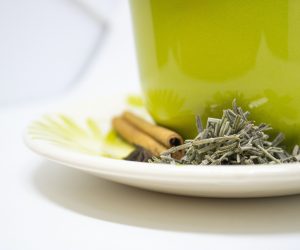
The Best Supplements for Your Brain According to Leading Functional Medicine Practitioner
Dr. Will Cole via Dr. Caroline Leaf – We can’t overlook the importance of keeping our brain healthy. With mild problems like mild brain fog on one end, to anxiety and depression in the middle, and severe diseases like Alzheimer’s on the other – the spectrum of brain health problems can make daily life a struggle.
In my telehealth functional medicine clinic, I see these problems a lot more often than one might expect. In fact, the research confirms brain problems are on the rise with autism, dementia, and anxiety and depression rates continuing to climb. So, the question is, how can we prevent these problems before they occur? And if you are currently struggling with one of these problems, how can you alleviate symptoms?
While I believe that our diet is foundational, sometimes we need a little extra help. And that’s where supplements come in. These are the supplements I turn to the most often to help optimize brain health and function.
1. Probiotics
Your gut and brain are inextricably linked through what is known as the gut-brain axis – what affects one can affect the other. For example Occludin and Zonulin are two proteins that govern gut permeability as well as the permeability of your blood-brain barrier.
In my clinic, it’s not uncommon that I have a patient come in looking for help with depression or brain fog and have further diagnostic testing reveal that they also have leaky gut syndrome. It just goes to show that digestive problems can still be a factor even if you aren’t experiencing symptoms. A probiotic with Lactobacillus and Bifidobacterium is a good choice to rebalance your microbiome and start healing any gut dysfunction.
2. Lion’s Mane
This adaptogenic mushroom has potent neuroprotective properties, that help enhance mental clarity and boost cognitive function. Lion’s mane contains nerve growth factors that work to protect and regenerate brain tissue with studies finding that those who supplemented with lion’s mane had higher cognitive function compared to those who didn’t.
3. St. John’s Wort
This herb is recommended by doctors more often in Germany than antidepressants like Prozac. While long-term studies have shown its ability to stabilize mood more research needs to be done to better determine just how effective it is.
4. Omega-3 Fish Oil
Your brain is 60 percent fat, so it only makes sense that not getting enough fat in your diet can contribute to brain problems. You can only deprive your brain of it’s building blocks for so long before it starts to show. Healthy fats can be found in a variety of foods including wild-caught seafood however, some people may find it difficult to get enough from food alone. If this is the case for you, you might want to consider an omega-3 fish oil supplement.
Although omega fats can be found in plant sources such as flax, it’s not as bioavailable because it has to be converted into DHA or EPA by the body before it is usable. I suggest either fish oil supplement from krill, salmon, or sardines. An ideal dosage is 2250mg EPA / 750 mg DHA per day.
5. CoQ10
CoQ10 stands for coenzyme Q10 and is found in each cell of the body, specifically the energy center of the cell – the mitochondria. If your brain’s cells are depleted of this nutrient, chances are it isn’t going to function optimally.
A study published in the Journal of Clinical Psychopharmacology found that in 18 people with depression, 400 to 800 mg/day of CoQ10 for a month decreased the severity of depression symptoms and significantly improved symptoms of fatigue, sadness, and brain fog.
6. Vitamin D
Low levels of vitamin D have been linked to poor memory and brain fog. Sunshine is the most bioavailable source of this nutrient but it’s not always possible to spend enough time in the sun, especially if you live in a place with dark, cloudy winters. Thankfully, certain foods such as salmon and tuna are rich in vitamin D. And if you pair them with fat-soluble vitamins like A, E, and K2 to increase the bioavailability of vitamin D.
When looking for supplements, be sure to research brands and look for transparency in their sourcing and avoid any unnecessary additives. So, give your brain a boost, and add in one or more of these supplements to your routine! As always, I don’t recommend trying to supplement your way out of a poor diet. Food comes first. Moreover, you can amplify the brain boosting benefits of food as medicine and these supplements with flexible intermittent fasting. This is something I explore in detail in my new book Intuitive Fasting.
To read the original article click here.
For more articles from Dr. Leaf click here.






